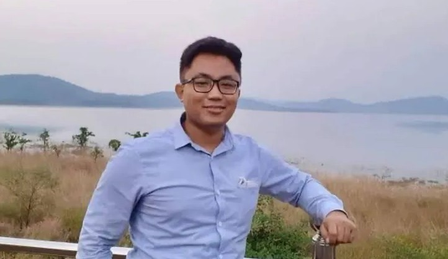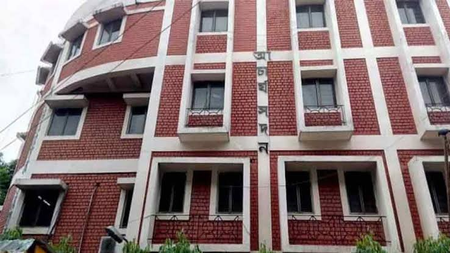
Colombo, May 6 (IANS) Sri Lanka on Tuesday held the local government elections, following a seven-year hiatus and the first of its kind conducted after National People’s Power (NPP), led by President Anura Kumara Dissanayake, came to power last year.
Out of the total of 341 local bodies, the elections are being conducted for 339 bodies across the island nation, marking a significant milestone in the country’s democratic process, according to local media reports.
Sri Lanka’s ruling party, the NPP, the main opposition Samagi Jana Balawegaya, the United National Party, and the Sri Lanka Podujana Peramuna are contesting the election.
Over 65,000 Sri Lankan police officers have been deployed for election duties to maintain law and order.
Local media reports further suggest that a record of 75,589 candidates, representing 49 recognised political parties and 257 independent groups are contesting in this year’s elections.
Additionally, a total of 17,156,338 registered voters are eligible to cast their ballots at 13,759 polling centres established nationwide.
Dissanayake, as the NPP leader, actively campaigned for the elections, hoping to break the grip of traditional parties at the local levels by taking control of the local bodies, according to local media reports.
Last year, he achieved grand success in both parliamentary and presidential elections of the country, and therefore challenge for him in this local election would be whether he will be able to drive home the point that voters are still with him.
Meanwhile, the main opposition Samagi Jana Balawegaya (SJB) is under fierce pressure to deliver better at this election, as they suffered defeat at the last two national elections.
Another opposition party, the Sri Lanka Podujana Peramuna, led by Namal Rajapaksa, which was once the dominant political force in the country, also actively campaigned to bag as many votes as possible, Sri Lanka’s leading newspaper, Daily Mirror, reported.
The Election Commission of Sri Lanka and relevant authorities urged all eligible voters to resort to peaceful and democratic methods while exercising their rights and contributing to the advancement of local governance across the island nation.
–IANS
int/scor/sd/






